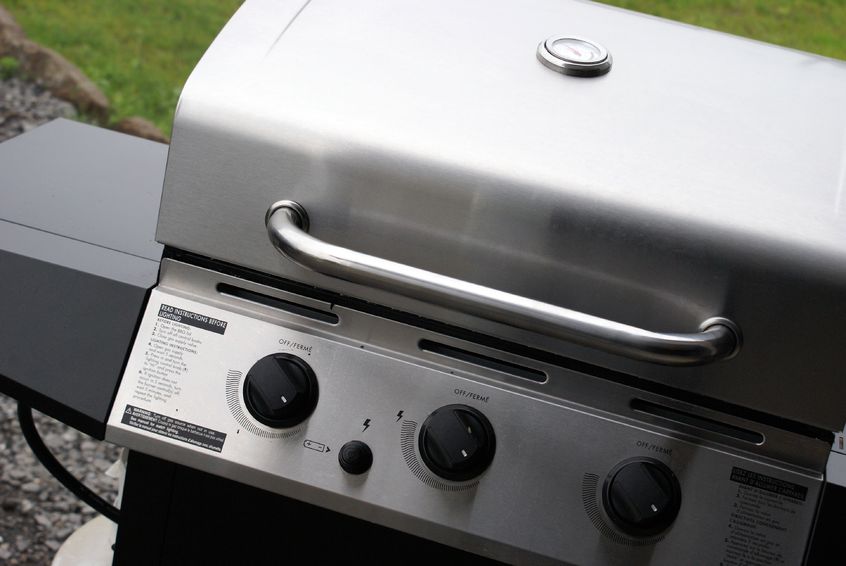
Defective products are the source of thousands of injuries and deaths in America every year. The following information is intended to provide basic knowledge of product liability law.
If you have been injured by a product then consult with an experienced personal injury lawyer to receive compensation for your losses including medical expenses, lost wages and pain and suffering, among other forms of recovery.
What is Product Liability?
Product liability law is just a different type of personal injury law. Product liability law provides compensation to victims of dangerous and/or defective products. There is no federal product liability law, which means that product liability cases are handled differently depending on the state where the product was manufactured or distributed or the state in which the injury took place. Court decisions over the years have helped define specific aspects of product liability and state statutes have defined other aspects. For example, each state has laws relating to breach of warranty (often derived from the Uniform Commercial Code (UCC)). Those warranty laws apply in product liability cases involving breach of warranty claims.
Who is Responsible for Damages in a Product Liability Case?
Depending on the context of your case, the party responsible for your injury could vary. Responsibility for an injury resulting from a defective product can reach to all parties involved with the manufacture and distribution of a product. For example, if you purchased a toy for your child and he choked on one of the pieces, the company that manufactured the toy, the wholesaler, and the retail outlet where you bought the toy could all be subject to liability for your child’s injury.
Parties that are potentially responsible include but are not limited to:
- Manufacturer of the product and manufacturer of the product’s components
- The party that installs or assembles the product
- The wholesaler of the product and other product distributors
- The retailer that sold the product to the victim
How is Negligence Determined in a Product Liability Case?
Liability of a defendant of a product liability case is determined using principles of tort law. Tort law dictates that a plaintiff in a product liability case must prove that the manufacturer of the product and/or other defendant(s):
- Owed a duty of care to the plaintiff.
- Breached the duty of care to the plaintiff
- The breach of duty caused a direct injury to the plaintiff
- Compensation is required to recover from the damages that the injury caused
The plaintiff must effectively show that if it weren’t for the defective product, he would not have sustained injuries while using the product as intended. It is important to note that some products are inherently dangerous.
For example, a chainsaw is inherently dangerous because of its ability to cut through logs and other objects, but would also be useless for its intended purpose if it could not cut things such as logs. The manufacturers could still be liable for damages, however, if they fail to warn the consumer of the dangers of the product, or if the product is unreasonably dangerous because it does not include safety features that are standard in the industry.
Another example of a defective product might be a drug that is sold as a remedy for a particular illness or condition, yet causes a completely different serious medical condition. If the manufacturer knew or should have known about the risk that the drug substantially increases the risk of contracting the medical condition and failed to warn doctors and consumers of that fact, people who took the drug and suffered that condition might have a product liability claim against the drug manufacturer.
How are Damages Determined in a Product Liability Case?
Damages in product liability cases are very similar to other injury cases. Compensation can be paid to cover medical bills, lost wages, pain and suffering, etc. However, damages can also be paid for the loss of monetary value of the product. In other words, if you bought a defective product that caused you injury, then you may also be entitled to recover damages for the amount you paid for the product.
These are just a few aspects of product liability. Product liability law is complicated and requires in depth legal study to fully understand. If you suffered a serious injury due to a dangerous or defective product, you should consult with an experienced product liability lawyer. Consultations are always free, and you may be entitled to compensation.
